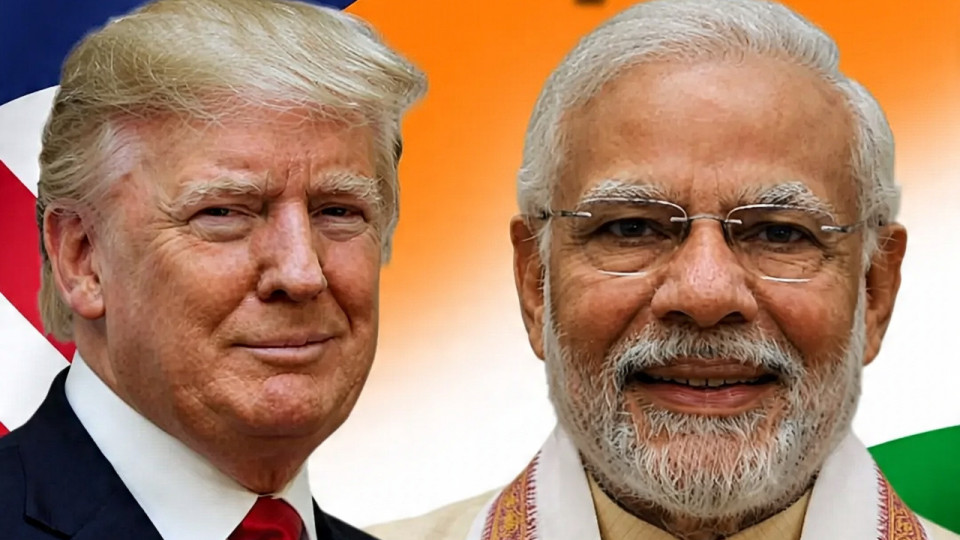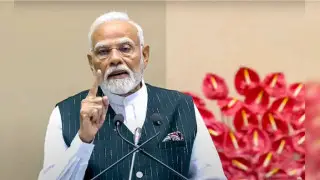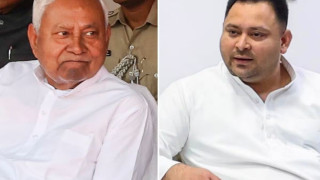
Trump’s H1-B Visa Policy Sparks Trouble for India-US Trade Deal (Image Credit- Meta AI)
National News: Under the new decision by U.S. President Donald Trump, a heavy yearly fee of USD 100,000 (around Rs 90 lakh) has been placed on H-1B visas, shocking Indian IT professionals and companies. For visa holders earning an average of USD 66,000 per year, this fee makes the program nearly unworkable. Experts say this move not only hurts the Indian diaspora but also threatens India-US trade talks. For Indian IT firms and professionals, the U.S. is the biggest market. Every year, many Indian experts work in American companies through H-1B visas. However, the new rules will reduce this chance. NASSCOM has warned that this could also harm the U.S. innovation system and job market. Government sources say India had already asked for more access for its service sector in the U.S. But now, as this decision comes at a sensitive stage in talks, the growing gap between the two countries could weaken trade deal prospects.
U.S. Commerce Secretary Howard Lutenick said that America wants to train its own graduates and that the trend of bringing in foreign employees for jobs must be curbed. The White House argues that misuse of the H-1B program is reducing American youths’ interest in science and technology, which could threaten the country’s leadership capabilities.
The service sector contributes nearly 55% to the Indian economy, and the U.S. is its largest destination. If access to the American market for Indian services decreases, it could impact millions of jobs. Experts believe India will need to adopt a strategy to diversify its export markets to reduce dependence on a single country. Under the World Trade Organization (WTO), “Mode 4” relates to the exchange of services, where individuals from one member country provide services in another country. India has long sought greater opportunities under Mode 4. However, strict policies in countries like the U.S. and the U.K. have made it difficult for Indian professionals. Additionally, Mode 1, or “cross-border supply,” where services are delivered from one country to another without physical presence, is a rapidly growing area. Experts say that if the U.S. increases protectionism in the service sector, it would be another major economic blow to India. Professor Arpita Mukherjee of ICRIER said that this move could be a way for the U.S. to exert pressure on India in other agreements. Meanwhile, Pritam Banerjee, head of CWTO Studies, believes that India will need to make solid preparations to face potential protectionism in the services sector in the future.













Copyright © 2025 Top Indian News
